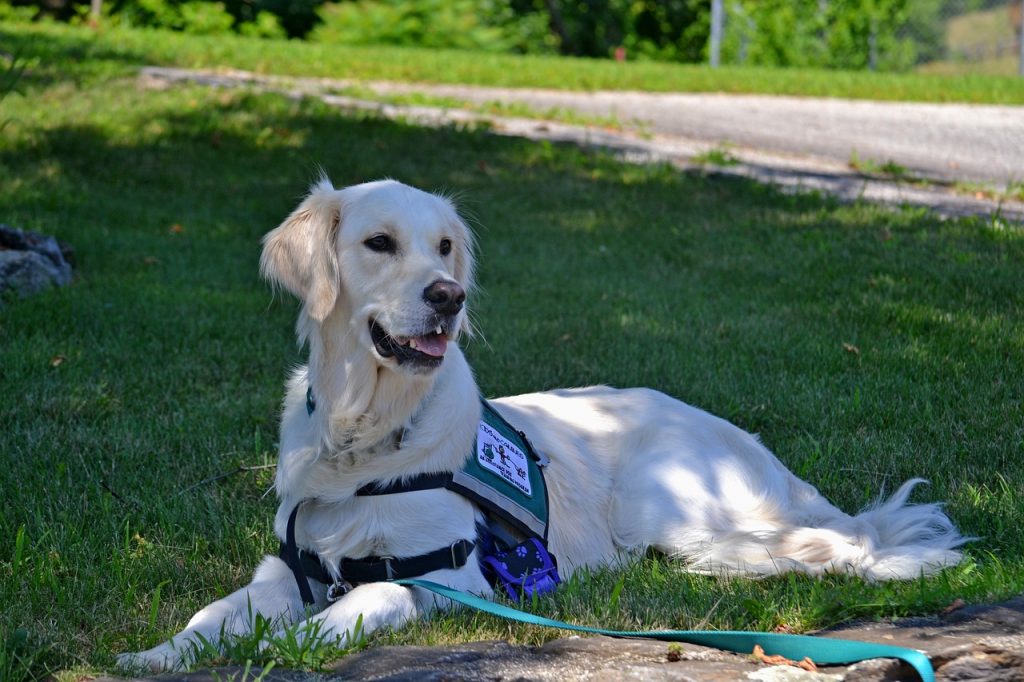
Providing service dogs for veterans is a way to help them overcome the challenges associated with their traumatic experiences. A service dog is an animal that has undergone training for the specific purpose of helping a disabled person. This work must directly relate to that individual’s disability. This is a great way for veterans to receive companionship while being able to focus on their own tasks. Here are some benefits of service dogs for vets.
PTSD is a complication that affects many veterans. A service dog helps a veteran deal with the effects of his or her trauma and can be particularly helpful for those who are suffering from physical or mental disabilities. A service dog can help a veteran cope with their traumatic experiences. The dogs are trained to recognize and respond to certain signs of PTSD, and they are also specialized to identify certain types of impairments.
PTSD is a serious condition that can affect the lives of a veteran. Among other symptoms, PTSD can result in hypervigilance, depression, and anxiety. Night terrors can occur in combat veterans. A service dog can turn on lights for a veteran, wake them up, and perform other social tasks. These animals make a huge difference for those suffering from PTSD and other conditions. However, people must be aware that service dogs are not service dogs.
There are many reasons why service dogs for veterans are important. A veteran’s physical and mental injuries can affect his or her quality of life. A service dog can perform various tasks that are otherwise impossible for the veteran. It can also help with social interaction. It is vital for a veteran to be able to interact with other people, including others. A service dog can make all the difference in the world for a vet. It doesn’t have to have any special identification.
The VA pays for the training and veterinary care of a service dog for veterans. It pays for the training and medical procedures necessary to train a service dog. Vaccinations are covered if the dog is provided by an accredited agency. Food and grooming are not covered, though. These are routine expenses for a Veteran. There are no restrictions on the types of equipment needed for their service dog. If the veteran is able to take care of his or her own dog, he or she will be able to take it anywhere.
Finding a service dog for a veteran is a long and expensive process. While the dog is highly beneficial for a veteran, it can be costly for the veteran hence there are many fundraising for Veterans to help with this matter. In addition to the cost of a service dog, the training of a service dog will require up to two years of dedicated work. In addition, vet bills can add up quickly. So, the service dog will benefit both the Veteran and the community. The costs involved are significant and should be considered carefully.